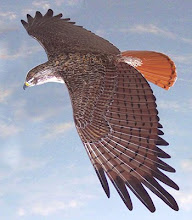7/8/1869
Townes Van Zandt: The Story Behind Pancho and Lefty
After dinner, we pass through a region of the wildest desolation. The canyon is very tortuous,
the river very rapid, and many lateral canyons enter on either side. These usually have their branches, so that the region is cut into a wilderness of gray and brown cliffs. In several places, these lateral canyons are only separated from each other by narrow walls, often hundreds of feet high, but so narrow in places that where softer rocks are found below, they have crumbled away, and left holes in the wall, forming passages from one canyon into another. These we often call natural bridges; but they were never intended to span streams. They had better, perhaps, be called side doors between canyon chambers.
The walls are almost without vegetation; a few dwarf bushes are seen here and there, clinging in the rocks, and cedars grow from the crevices---not like the cedars of a land refreshed with rains, great cones bedecked with spray, ugly clumps, like war clubs, beset with spines. We are minded to call this the Canyon of Desolation.
The wind annoys us much today. The water, rough by reason of the rapids, is made more so by head gales. Wherever a great face of rock has a southern exposure, the rarified air rises, and the wind rushes in below, either up or down the canyon, or both, causing local currents.
Just at sunset, we run a bad rapid, and camp at its foot.
--John Wesley Powell
journal entry for July 8, 1869







<< Home